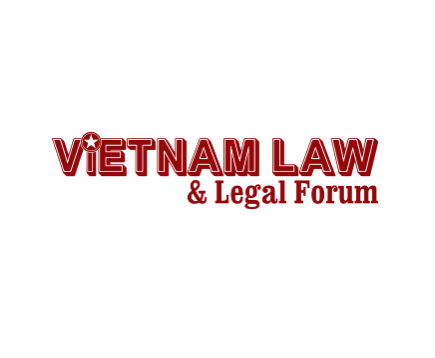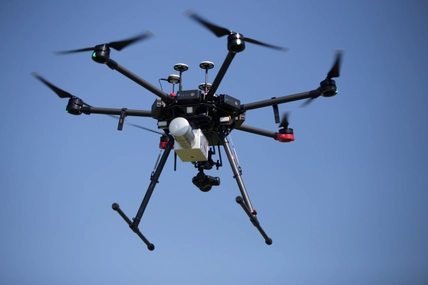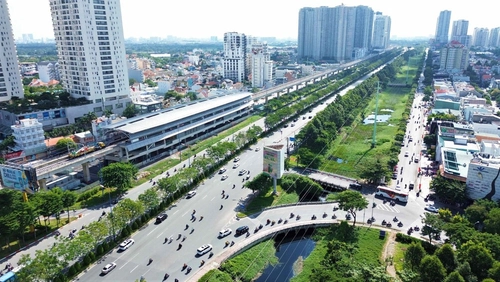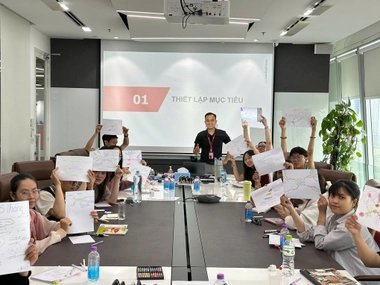The Ministry of Natural Resources and Environment has recently unveiled a draft amended Law on Water Resources, proposing a number of noteworthy regulations on assurance of water security; protection of water resources; and mobilization of social sources for water development, among others.
The Ministry of Natural Resources and Environment (MONRE) has recently unveiled a draft amended Law on Water Resources, proposing a number of noteworthy regulations on assurance of water security; protection of water resources; and mobilization of social sources for water development, among others.
Compared to the 2012 Law on Water Resources, the 88-article draft law retains 10 articles, revises 62, adds 16, and annuls eight ones.
Assurance of water security
As defined in the draft law, assurance of water security means an assurance of the quantity and quality of water to serve people’s life in all circumstances, meeting water use demand for socio-economic development and environmental protection, and minimizing risks of damage from water-related disasters.
In order to ensure national water security and reduce the dependence on foreign water sources and impacts of climate change, the draft law highlights the importance of prevention, control and rehabilitation of degraded, depleted and polluted water sources, protection of important domestic water sources, and use of water in an economical and efficient manner.
The draft requires that the regulation and distribution of water resources for different use purposes must be based on the water resource master plan, actual capacity of water sources and scenarios of water sources, and water exploitation and use quotas, with the impacts of climate change on water resources taken into account.
The regulation and distribution of water resources would be carried out through the regulation of operation of reservoirs, water-regulating or water-storing facilities and other water-exploiting and water-using facilities, and the coordination in exploitation and use of water sources in river basins, toward regulating and distributing water sources via decision support tools.
Upon occurrence of drought or water shortage, based on the actual situation and forecast results, the MONRE would take charge of, and coordinate with other ministries, ministerial-level agencies and localities in, reviewing and adjusting the plan on regulation and distribution of water resources.
On the basis of the plan on regulation and distribution of water resources, chairpersons of provincial-level People’s Committees would decide how to use the existing water sources in their localities to ensure adequate supply of water for residential and other use purposes and direct the mobilization of all resources to overcome water shortage in their localities. Organizations and individuals would take measures to use water sparingly, avoid waste, and have the responsibility to support local authorities in implementing measures to respond to and overcome water shortage in their localities.
Protection of water resources
Under the draft, protection of water resources is the right, obligation and responsibility of all agencies, organizations, residential communities, households and individuals. Protection of water resources must take prevention as the key, in combination with the protection and development of aquatic living resources, protection of aquatic ecosystems and water resources in terms of quantity and quality, and remediation of consequences and mitigation of pollution, degradation and depletion of water sources.
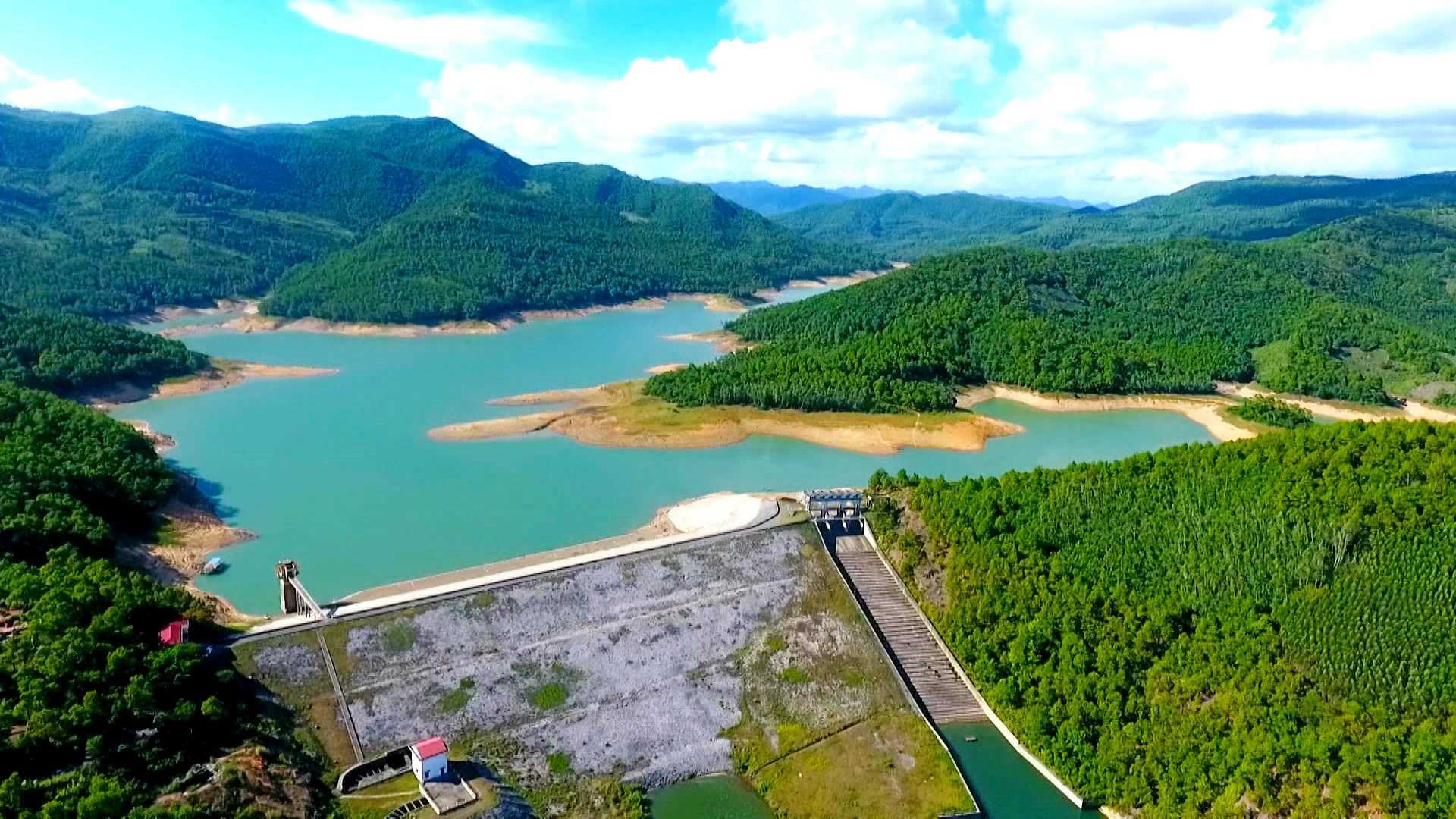
Water resources must be exploited and used in an economical, safe and effective manner, ensuring integrated, multi-purpose, fair and reasonable use, harmony of benefits and equality in interests and obligations among organizations and individuals. All activities of exploiting and using surface water, groundwater and seawater must be managed, licensed or registered.
Organizations and individuals that exploit and use water resources, leading to a decrease in water sources, land subsidence or water source depletion, degradation, pollution or saltwater intrusion would have to remediate consequences and pay compensation if causing damage.
Wastewater from production, business and service activities must be collected, treated, and controlled. Reservoirs, dams and other facilities that exploit water inefficiently or cause degradation, depletion and serious pollution of water sources must be renovated, rehabilitated, upgraded, repurposed or demolished.
Mobilization of social sources for water development
Under the draft, the State would encourage organizations and individuals to invest in projects on development and storage of water and restoration of water sources by the mode of public-private partnership; bidding for investor selection; and provide the services of source water protection, development and storage, and operation of facilities to improve and restore water sources.
Organizations and individuals engaged in implementation of projects on development and storage of water and restoration of water sources would be entitled to incentives and supports. For example, they would be prioritized to participate in providing public services under the State’s orders; participate in bidding to select contractors to implement contracts and projects using domestic and foreign capital sources in conformity with their functions and tasks. Those carrying out projects in the form of public-private partnership would be entitled to investment guarantees in accordance with law.
The draft is scheduled to be passed by the National Assembly this October.-
(Source: Vietnam Law & Legal Forum)

